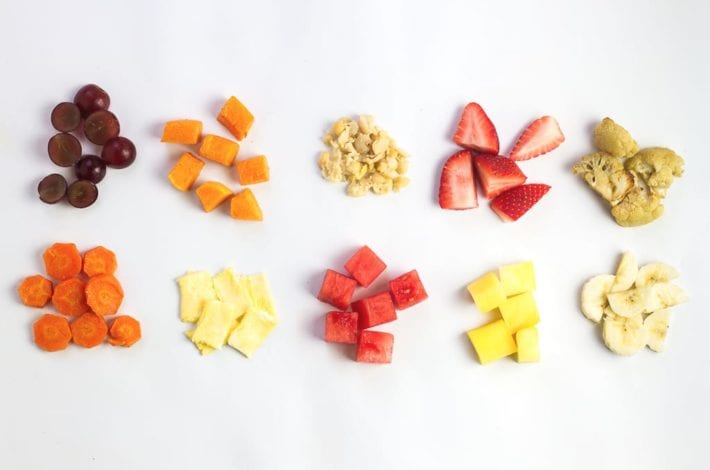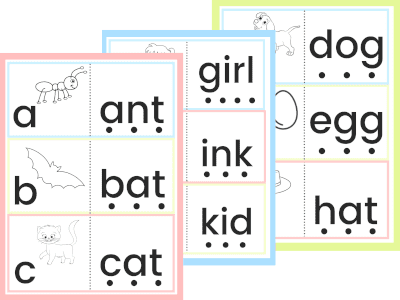

There’s no denying that, as far as trends go, 2019 is setting itself up to be the Year of Clean. But if, as parents, we jump on the cleaning bandwagon, could we be doing our kids more harm than good?
2019 is looking likely to be the cleanest, most gleaming year ever. You only have to look at the success of Instagram influencer and social media sensation Mrs Hinch to see how much clean is next big thing. Her 1.6 million devoted followers, known as the #Hinch Army, are all making cleaning the top trend of the year.
But can too much cleaning and sanitising put our children at MORE risk of allergies and illnesses rather than less?
Are you a Clean Queen?
Is your home sparklingly clean?
Do you spend hours making sure every inch is dazzling clean and sanitised?
Do you carry antibacterial hand sanitiser in your handbag and squirt it on your child’s hands every time they touch something dirty?
Or, like us, are you just doing your best to keep on top of the never ending mess of globs of ketchup and glue and marmite handprints that your children smear and throw around the place and hoping for the best?
If you don’t spend every spare hour cleaning then there’s some good news. Exposing your kids to a little dirt and a few germs might be a good thing.
It can help build their immune systems and protect them against some pretty scary diseases when they’re adults. So if you’re more Mrs Flop than Mrs Mop then you might actually be doing a good thing – at least when it comes to the health of your kids.
It’s all about building up the immune system
It might seem to make logical sense that the cleaner our homes are, the more we can protect our kids from catching every bug and illness going. But if we keep things TOO clean then they are actually more likely to suffer from certain conditions such as allergies.
There’s more and more evidence to suggest that if you let your kids make mud pies and get a little mucky, then you may actually be protecting them against illnesses in later life.


If we let our children have more exposure to germs in early life, experts believe that they may grow up to have a more robust immune system and be better able to fight off illness and infection and be less prone to allergies.
It’s hard as a parent because it’s natural to want your child to avoid touching bacteria and being exposed to germs.
When they are tiny babies you get very used to making sure bottles and baby equipment are sterile and clean. But, in fact, if you ease off a little as your baby gets older, then exposure to dirt can start building their immune systems.
If your toddler dropped a dummy or teething ring would you let them put it back in their mouth without making sure it was sterile?
Could you simply wipe it clean, pop it in your own mouth and then hand it back? Surely that would be unhygienic and maybe even a little dangerous? Surprisingly no.
A study from Sweden’s University of Gothenburg found that infants whose parents sucked on dirty pacifiers had fewer allergies than those whose parents who rinsed or boiled them.
Even exposure to yucky stuff can help
Exposure to dirt and bacteria can also prevent inflammation in the gut later on. A study by McDade found that children who were exposed to animal faeces (such as those who grew up on a farm or around animals) and children who had more incidences of diarrhoea before the age of 2, were less likely to have inflammation in the body as they grew into adult.
This is important because inflammation is linked to some chronic adult illnesses, such as diabetes, heart disease and Alzheimer’s.
McDade believes that parents should not be overly zealous about cleaning. He says:
I’d like to see a recalibration toward common sense. You don’t have to wash or sanitize everything.
We can’t bring our kids up in a bubble
Of course nobody is saying that we should bring our children up surrounded by dirt and germs. Basic hygiene, teaching our children to wash their hands before eating and after going to the toilet are all important.
And, of course, we want our kitchens and food prep areas to be nice and clean. But the message is that you don’t need to sanitise your entire household.


They might sit on a bus and be exposed to airborne germs from other passengers.
They may go to playgroups or nurseries and play next to other children who have a cold or cough or infection that hasn’t yet been full blown.
They might pick up something yucky from the pavement and then put their fingers in their mouth.
We can’t wrap our kids in a hygienic bubble – and that’s actually a good thing. Being exposed to germs and bacteria helps build their developing immune system.
Clean enough
The message is clear. A little bit of dirt is good for kids.
By all means keep your home clean but don’t stress if it’s not hospital-standard sterile.
If your child gets grubby or touches something yucky or gets a big slobbery lick from the dog – don’t worry. It will just help build up those antibodies and make them stronger and more robust.
So embrace the 5 second rule about dropping things on the floor, let the kids make mud pies and get messy and don’t stress about keeping up with any cleaning trends that don’t fit in with your life.
Dirt is good.
References
- “Social and physical environments early in development predict DNA methylation of inflammatory genes in young adulthood”, NCBI
- “Parents who suck on their infants’ pacifiers may protect their children against developing allergy”, Science Daily
- “‘Let them eat food off the floor, play in the soil!’: It IS important to expose your children to germs to boost their immune system, expert urges,” Mail Online






